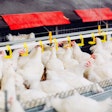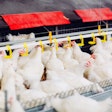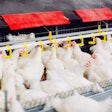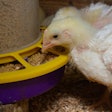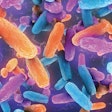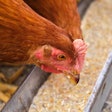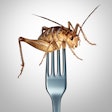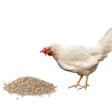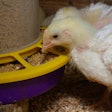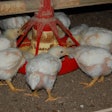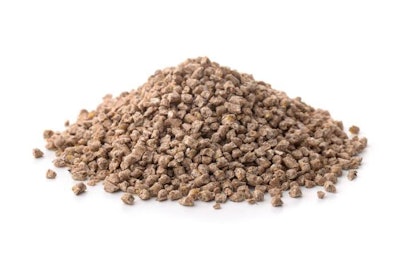
The president of the Irish Cattle & Sheep Farmers’ Association has expressed concern over the quality of animal feed ingredients being imported into the country.
Patrick Kent told WATTAgNet in a phone interview that “it’s a worry that farmers are spending money on feed and not getting what they’re told” they are getting.
Livestock producers are under pressure to produce more for less, and that can lead to the use of animal feed ingredients that are comprised of imported and sometimes inferior by-products.
Kent said lower quality feeds are not good for livestock or humans.
“It’s not good for our food industry,” he said. “We export a lot of food items in Ireland, and exportation of substandard products would not be good business.”
“We have to be very aware and require higher standards of feed” to ensure quality food products, Kent said.
Concern over GM ingredients
Farmers in Europe are concerned about animal feed ingredients from the Americas that are genetically modified (GM) and may be contaminated with pesticides that are “not so welcome in Europe.”
Kent said some markets in Europe may demand animal feed that is free of GM ingredients.
“It’s not the cheapest food that people are interested in here. They’re interested in more quality food and will pay a little bit more for it,” he said.
‘Food scares’
“Food scares” that have occurred in Europe in recent decades were very expensive for the animal agriculture industry and were caused by “cheap food policy,” Kent said. Those scares include bovine spongiform encephalopathy (BSE or mad cow disease) in the late 1980s and early 1990s, and dioxin contamination in 1999.
“As a farmers’ representative, we have to be very cognizant of the risks involved and another food scare that could be very costly,” Kent said.
BSE spread within the United Kingdom and then to other countries through the practice of using rendered bovine origin proteins as an ingredient in cattle feed. Since then, feed restrictions put in place by countries that may have imported infected cattle or contaminated feed ingredients have been highly effective in reducing the number of BSE cases worldwide, according to the U.S. Food and Drug Administration (FDA).
FDA received information that fat from a rendering company in Belgium was contaminated with polychlorinated biphenyls (PCBs) and dioxin in January 1999. This product was shipped to animal feed manufacturers and incorporated into animal feed distributed to poultry, hog and cattle farms in Belgium, France and the Netherlands, with the majority of the product going to Belgium. Analysis of chickens and eggs in Belgium revealed elevated PCBs levels and low levels of dioxins.
“That is why we have very high standards in Europe,” Kent said. “We have been exposed to profiteering and least cost production” in the past.






